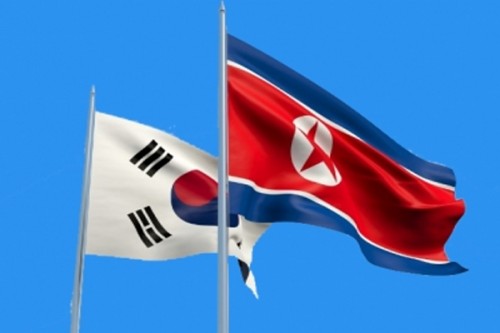Seoul partially suspends 2018 inter-Korean military accord

Seoul, Nov 22 (IANS) South Korea suspended part of a 2018 inter-Korean military tension reduction agreement Wednesday in response to Pyongyang's latest launch of a military spy satellite.
Under the proposal approved in an extraordinary Cabinet meeting presided over by Prime Minister Han Duck-soo, Seoul will restore reconnaissance and surveillance activities around the inter-Korean border, reports Yonhap News Agency.
President Yoon Suk Yeol, who is on a state visit to Britain, will electronically approve the motion later in the day.
The Comprehensive Military Agreement, signed on September 19, 2018, under the previous liberal administration of President Moon Jae-in, calls for halting all hostile military activity between the Koreas, setting up maritime buffer zones and turning the DMZ into a peace zone, among other things.
The move came after North Korea claimed success in its third attempt to place a spy satellite into orbit.
The launch took place late Tuesday from a launch site in Tongchang-ri on North Korea's northwest coast.
"North Korea is clearly demonstrating that it has no will to abide by the Sept. 19 Military Agreement designed to reduce military tension on the Korean Peninsula and to build trust," Han said during the meeting.
The effectiveness of Article 1, Clause 3 of the agreement will be suspended, allowing Seoul to immediately restore reconnaissance and surveillance operations against North Korea in the area around the Military Demarcation Line (MDL) separating the two Koreas, also known as the Demilitarized Zone (DMZ).
The section outlines no-fly zones that were established around the MDL in November 2018.
"Our military's ability to identify threatening targets and its response posture will be greatly enhanced," Han said, adding that such a measure is vital for national security.
The Defence Ministry said the partial suspension will take effect at 3 p.m.
"Our military will resume aerial surveillance and reconnaissance operations to detect signs of North Korea's provocations near the MDL," Deputy Minister for National Defense Policy Heo Tae-keun said during a press briefing.

|

|

